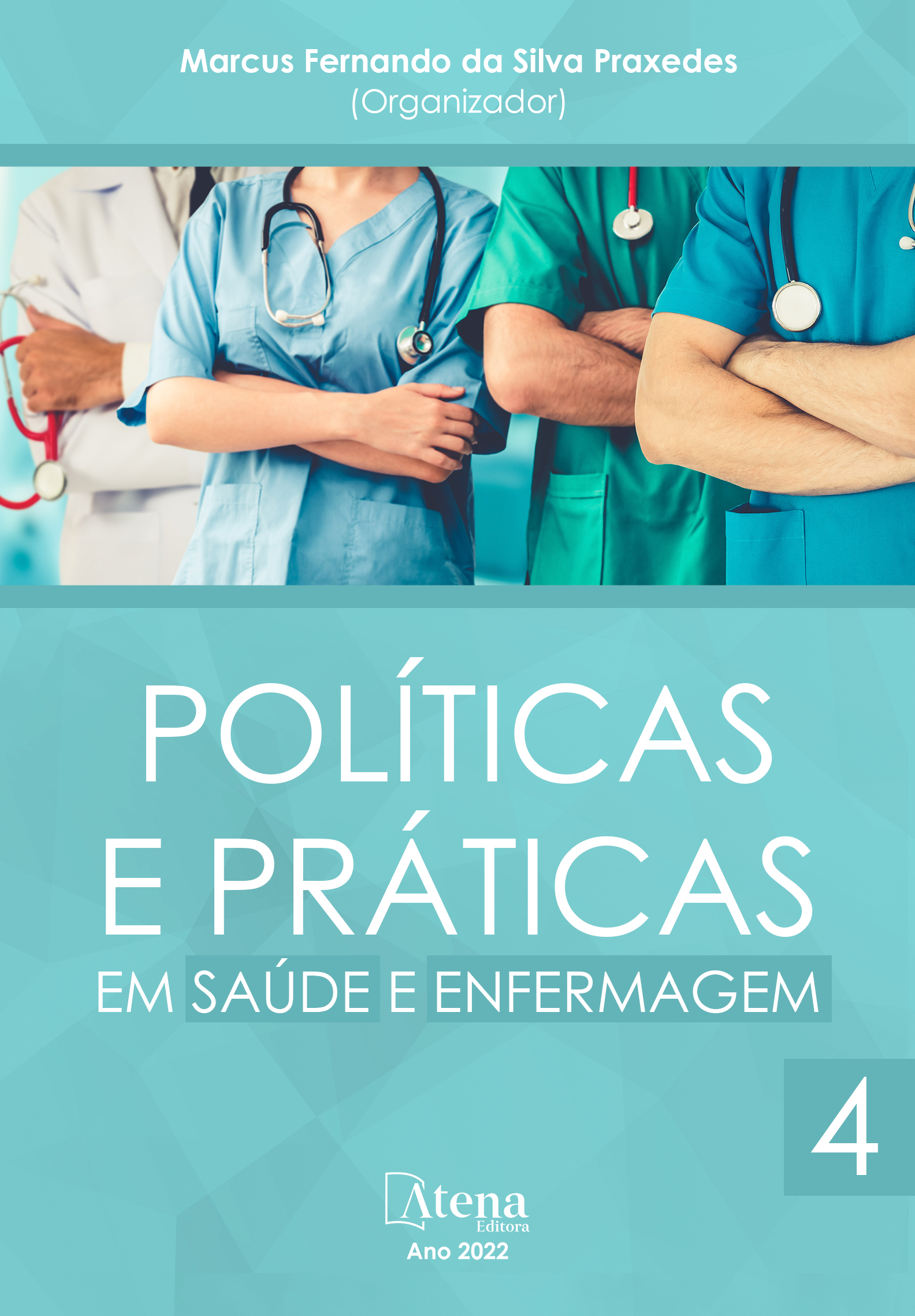
ALEITAMENTO MATERNO E FATORES RELACIONADOS AO DESMAME PRECOCE
O leite materno é evidenciado pela Organização mundial da saúde (OMS), pelo Ministério da saúde (MS) e pela sociedade brasileira de pediatria (SBP) como melhor e único alimento a ser oferecido exclusivamente a criança até os seis meses de vida. São inúmeros fatores presentes no leite materno que protegem contra infecções, evitam morte infantil, evita diarreias, infecções respiratórias, diminui o risco de alergias, diminui risco de hipertensão, colesterol alto e diabetes, reduz a chance de obesidade e melhora a nutrição. O leite materno é capaz de suprir sozinho as necessidades nutricionais da criança nos primeiros seis meses. O Desmame precoce é considerado a interrupção do aleitamento ou introdução de alimentos complementares antes do sexto mês de vida. O leite humano possui numerosos fatores imunológicos que protegem a criança contra infecções, anticorpos, atuando contra microrganismos presentes nas superfícies mucosas, proporcionando, dessa maneira, proteção à criança contra os germens prevalentes no meio em que a mãe vive. Este artigo teve como objetivo reunir dados sobre a importância do aleitamento materno e os prejuízos do desmame precoce. Bem como propor reflexões sobre a imunidade que esse leite proporciona ao recém-nascido, com base em pesquisas e documentos já publicados. Para análise de resultado foi pesquisado teses e dissertações sobre o desmame precoce e aleitamento materno. Somando-se todas as bases de dados, foram encontrados 27.700 artigos. Após a leitura dos títulos dos artigos, observou-se que alguns deles foram comumente repetidos na busca e outros não preenchiam os critérios deste estudo. Foram selecionados 50 artigos para a leitura dos respectivos resumos e suprimidos aqueles que não condiziam ao propósito deste trabalho. Sendo assim o total de artigos analisados correspondem à 20.
ALEITAMENTO MATERNO E FATORES RELACIONADOS AO DESMAME PRECOCE
-
DOI: 10.22533/at.ed.7662231013
-
Palavras-chave: Desmame Precoce; Aleitamento materno
-
Keywords: Early weaning; Breastfeeding
-
Abstract:
Breast milk is evidenced by the World Health Organization (WHO), the Ministry of Health (MS) and the Brazilian Society of Pediatrics (SBP) as the best and only food to be offered exclusively to children up to six months of age. There are numerous factors present in breast milk that protect against infections, prevent infant death, prevent diarrhea, respiratory infections, reduce the risk of allergies, reduce the risk of hypertension, high cholesterol and diabetes, reduce the chance of obesity and improve nutrition. Breast milk alone is able to supply the child's nutritional needs in the first six months. Early weaning is considered the interruption of breastfeeding or introduction of complementary foods before the sixth month of life. Human milk has numerous immunological factors that protect the child against infections, antibodies, acting against microorganisms present on mucous surfaces, thus providing protection to the child against the germs prevalent in the environment in which the mother lives. This article aimed to gather data on the importance of breastfeeding and the harm caused by early weaning. As well as proposing reflections on the immunity that this milk provides to the newborn, based on research and documents already published. For result analysis, theses and dissertations on early weaning and breastfeeding were searched. Adding all the databases, 27,700 articles were found. After reading the titles of the articles, it was observed that some of them were commonly repeated in the search and others did not meet the criteria of this study. Fifty articles were selected for the reading of their respective abstracts and those that did not fit the purpose of this work were deleted. Thus, the total of articles analyzed correspond to 20.
-
Número de páginas: 15
- Sibeli Balestrin Dalla Costa
- Karina Pereira Amorim


